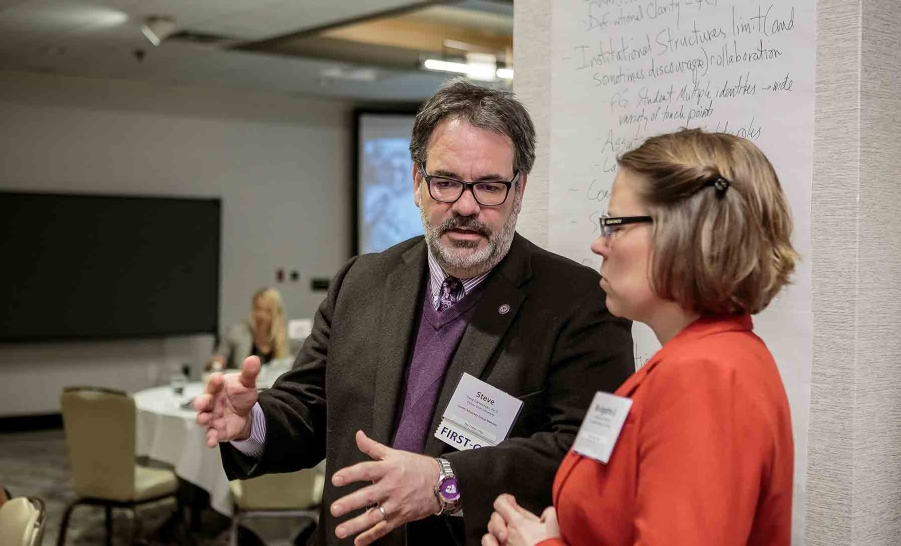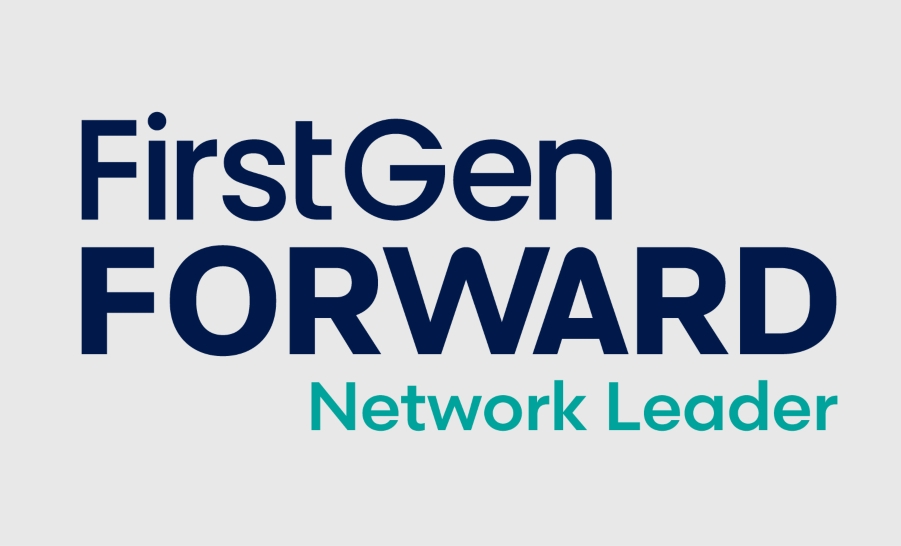Dr. King and Standardized Testing
Steven P. Dandaneau Ph.D., Colorado State University / / April 02, 2018

Kansas State University celebrated the 2018 Dr. Martin Luther King, Jr.’s national holiday by marking the 50th anniversary of Dr. King’s 19 January 1968 campus speech. We welcomed Mrs. Coretta Scott and Dr. King’s eldest, Martin Luther King III, who offered reflections on his father’s social justice legacy. Mr. King reminded us of his father’s call for “a radical redistribution of political and economic power,” albeit without specific elaboration of what this might mean for U.S. higher education today.
Fortunately, two recent meetings of U.S. higher education leaders speak directly to this question. Fresh from the King celebration, I attended the inauguration of the Center for First-Generation Student Success, an initiative of NASPA and the Suder Foundation, in Washington, D.C. (@FirstgenCenter, #FirstgenForward). That week, I also read about the University of Southern California Center for Enrollment Research, Policy, and Practice annual conference (https://www.chronicle.com/article/From-37000-Feet-5-Questions/242300). These seemingly routine gatherings, together, portend real progress toward achieving Dr. King’s radical vision.
First, a word on the word “radical,” the root of which is root. Radical refers to that which “forms the roots” of something. In politics, it refers to efforts to restructure institutions that, by definition, form the roots of built-in social (as opposed to incidental, individual, idiosyncratic) problems. In this sense, Dr. King was as radical as any good social analyst. He sought to change hearts and minds, but, a Morehouse B.A. in sociology, he also aimed to effect deep-seated, disruptive, and therefore lasting institutional change. His call for radical redistribution of political and economic power meshed with the movement’s aim to achieve change in the institutional make-up of a structurally unjust society.
The meeting on first-generation students, which addressed the needs of the nation’s upwardly mobile, and the meeting on enrollment management, which tackled the institutional discrimination that results from use of standardized testing in admissions and scholarship allocation, signal such perestroika. Standardized testing must go so that first-generation students can succeed.
The growing attention paid to first-generation students—the most common definition for whom is students striving to be the first in their families to earn bachelor’s degrees—raises awareness about social class divisions. Upward social mobility via higher education attainment does not make sense except against a backdrop of social class inequality and injustice. Measured in terms of material wealth and income or in terms of social (networks) and cultural capital (values, implicit knowledge, norms), class divisions determine higher education access and student success, arguably, more than any cluster of institutional factors, including hierarchal societal systems organized around race, ethnicity, gender, sexual orientation, religion, and disability. Students of intersectionality would prefer we examine the interplay of such factors, and they are correct to do so. But first-gen. discourse reminds us of the hidden injuries of class. This distinctive discourse prods us toward effort to end class injustice.
Class translates into educational inequities in myriad ways understood and easily rehearsed, yet, so deeply entrenched, almost unthinkable to change. Organized around residential segregation, itself the result of wealth and income stratification, K-12 education is a powerful transmission belt in the reproduction of class inequality, well-meaning state, local, and individual efforts to ameliorate this core inequality notwithstanding. Likewise, the sheer fact of private education, and unequal access to it at all levels, flies in the face of democratic values and practices, genuine and heartfelt ameliorating efforts by educators at private institutions notwithstanding. Separate and unequal educational experiences within institutions, such as fostered by the fraternity and sorority system, serve the reproduction of class inequalities across generations, genuine efforts by democratically minded Greeks notwithstanding.
No one baking a democratic society from scratch would organize primary and secondary education by social class divisions, create a competing separatist and publicly unaccountable system by and for those with private means, or permit institutions of higher learning, public and private both, to erect zones of privilege largely inaccessible to the those of lesser material, social, and cultural capital.
First-generation college students are an increasingly sizeable minority and, in some locales, including in our most populous state, are the majority. Thankfully, they face today’s savage inequalities, hidden curricula, and glass ceilings with a growing legion of allies. If Dr. King were one of these, he might call on first-generation students and their allies to engage in radicalism and create changed institutions that are first-gen. student-ready, as opposed to insisting only that first-gen. students be college-ready.
That’s where the USC Center for Enrollment Research, Policy, and Practice meeting provides reason for hope. To hear tell of it, many who gathered placed standardized testing in the crosshairs. Based on decades of compelling historical, statistical, theoretical and educational research—not to mention mountains of anecdotal experience—a new generation of enrollment experts argue that test optional admission and scholarship decisions should give way to test-adverse policies and practices. If the ACT, SAT, and their kin epitomize institutional discrimination—culturally biased, geared to ratify rather than subvert existing class inequalities, susceptible to gaming, derived from theoretically and historically disreputable sources--why would educators not reject their use and warn students away from them? Yet, year after year, these exams are used to erect predictable barriers for students who, for no fault of their own, were born, raised, and schooled in the bottom half of the social class system.
Vested interests will protest. The morally lazy will prefer the status quo. But when did Dr. Martin Luther King, Jr. or the many in league with him in the struggle for social justice abide predictable discrimination, countenance systemic injury and harm, turn a blind eye to intellectual bankruptcy?
A successful national movement to eliminate use of standardized tests for admissions and scholarship allocation would strike a blow against prevailing inequality and injustice in higher education. No single alternative reform would do more to make our institutions more first-generation student-ready, first, by eliminating the perhaps greatest barrier to access and affordability, and, second, by fostering a learning environment in which the diversity of intelligences and life experiences is recognized and respected. It would not solve all our problems nor render schooling in America fair and democratic. It would be a significant leap in the right direction, and it might inspire additional forms of social change.
I had occasion during my university’s celebration of Dr. King’s legacy to share some of these ideas with colleagues. I was surprised at how many readily agreed that standardized testing would be useless were it not for its odious discriminatory consequences. Two physicists reported that, from their vantage, the GRE was as unhelpful as standardized exams aimed at prospective undergraduate students. Our new Chief Diversity and Inclusion Officer interviewed for his position, in part, by sharing his personal, if you will, score-story; how a scarlet letter ACT nearly prevented him from gaining access to higher education. In my work, I often speak with prospective students and their families about honors opportunities. Few respond with anything but recognition and gratitude for efforts to disavow the value of standardized test results. This includes students whose scores place them in the highest percentiles.
I would venture that few are vested in standardized testing. Most, I believe, would welcome its demise and the flourishing in its wake of multifaceted evaluation of genuine merit and discernable potential, increase in need-based institutional aid, and heightened awareness concerning both overt and subtle forms of class privilege. Most would welcome the expansion of opportunity and diversity, and reintroduction of primary reliance on sensitive and skilled scholarly judgment in admissions decisions and scholarship allocation. If Dr. King were with us, I think he would march against standardized tests. Reiteration of his dream aside, today’s educational leaders might honor Dr. King’s social justice legacy by taking it upon themselves, as only they can, to eliminate standardized testing from higher education.


